Yates Account
Join now
Create a Yates account today!
Sign up to join the Yates Garden Club for monthly e-mails packed with seasonal inspiration, tips for success & exclusive promotions.
Plus if you’re a Garden Club member you can take part in the Yates Growing Community - a blog to share successes, get advice & win prizes in fun challenges along the way!

Forgot password
Enter the email address associated with your account, and we'll email you a new password.

Spring planted vegies & herbs are literally jumping out of the ground during summer’s warm weather.
Here are seasonal tips for some of our favourite vegetables, to keep your plants productive and your harvest bountiful!.
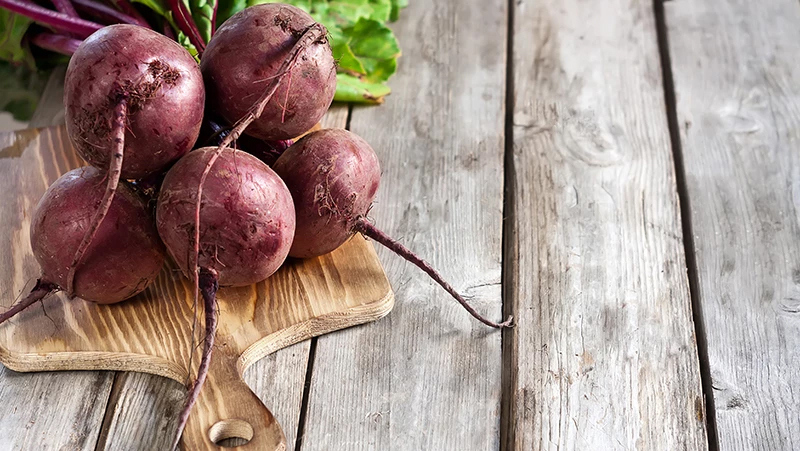
Beetroot
- Beetroot is a versatile and delicious vegie that’s rich in folate, fibre and antioxidants. The roots can be roasted or pickled and used in relish or hummus and the colourful young leaves mixed into salads.
- There are large round varieties like Yates® Beetroot Super King or petite and space saving Yates® Baby Beets that are perfect for pots.
- To promote tender sweet beetroots, feed each week with Yates® Thrive® Vegie & Herb Liquid Plant Food.
- Watch out for snails and slugs, which like to devour the leaves. Control them by lightly sprinkling Yates® Blitzem® Snail & Slug Pellets around the base of the plants.
- You can continue to sow beetroot seed during summer. Soak seed for two hours before sowing to ensure water penetrates through the corky outer coating and into the seeds.
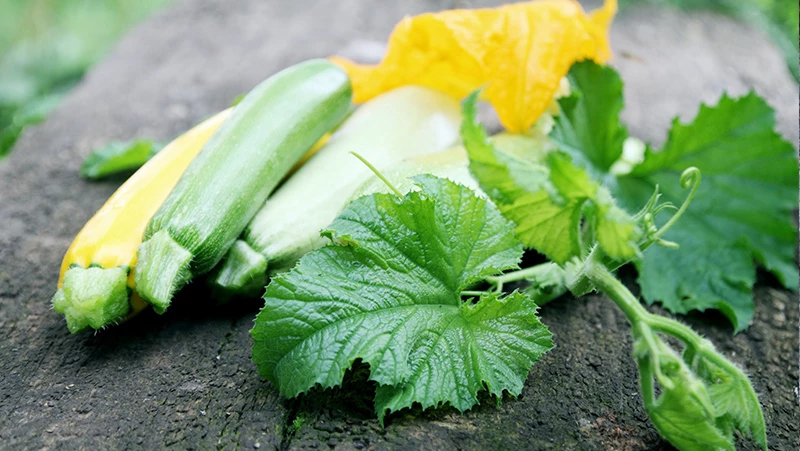
Zucchini
- Whether it’s zoodles, zucchini slice, stuffed zucchini flowers or hiding zucchini in anything from bolognese to brownies, zucchinis are a summer essential.
- Promote healthy leaf growth and lots of zucchinis by feeding each week with a complete plant food that’s rich in flower-promoting potassium, like Yates® Thrive® Flower & Fruit Soluble Fertiliser. Zucchini fruit grow very quickly! They’re best picked when they’re small and tender.
- Zucchinis can be susceptible to the disease powdery mildew, which looks like a dusting of talcum powder over the leaves. Help reduce the incidence of powdery mildew by watering plants gently at the base (rather than wetting the leaves) and spray the plants with Yates® Lime Sulfur.
- Yates® Zucchini Blackjack and Yates® Zucchini Solar Flare seed can still be sown in early summer in cool areas, and throughout summer in temperate and subtropical climates.
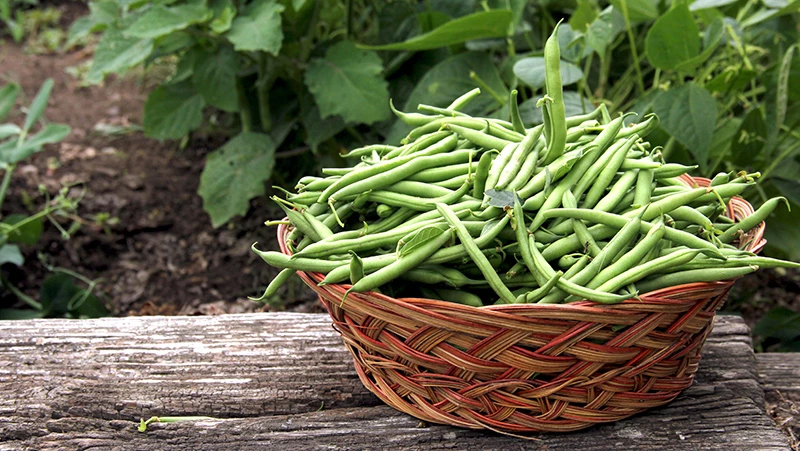
Beans
- Beans love warm weather and will be growing rapidly during summer. Whether you’re growing dwarf (bush) beans or climbing beans, to promote a long and productive harvest season, pick beans regularly, keep the soil (or potting mix) moist and feed each week with high potassium Yates® Thrive® Flower & Fruit Soluble Fertiliser.
- In temperate and subtropical zones you can keep sowing bean seeds throughout summer, in cool areas sow up until mid summer.
- Beans can be prone to infestations of mites. Also called red spider or two spotted mites, you may start to notice leaves yellowing or mottling and spidery webbing developing between leaves and stems. Control mites by spraying the plants every 5 – 7 days with Yates® Nature’s Way Vegie Insect Spray Natrasoap. It’s a soap based spray made from natural vegetable oils and is BioGro approved for use in organic gardening
- Try our new release bean varieties for a couple of winning options. We have Yates Dwarf 'Labrador' Beans that are perfect for freezing, or super-high yielding Yates Dwarf 'Sunshine' Beans.
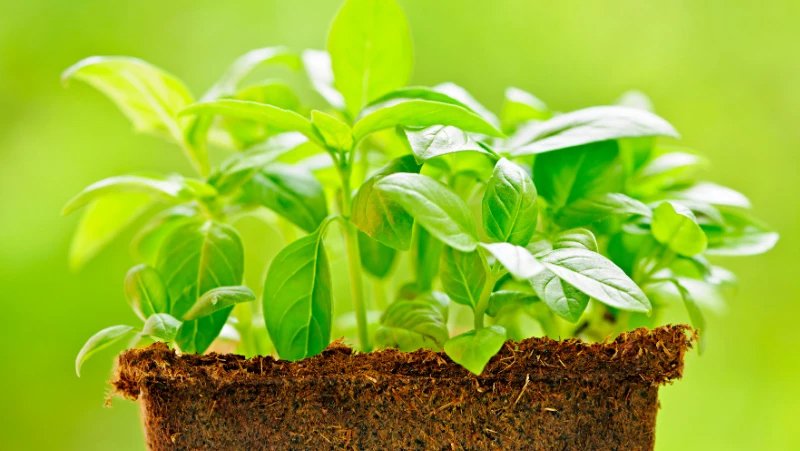
Sweet Basil
- Picking handfuls of your own richly fragrant sweet basil is a summer delight. There’s no need to buy bunches from the supermarket when you can so easily grow your own. During summer you can continue to sow basil seed, direct where the plants are to grow, in sunny or partly shaded vegie patches or pots.
- Keep basil plants well-watered and feed each week with Yates® Thrive® Natural Vegie & Herb Liquid Plant Food. It’s rich in nitrogen to encourage lots of lush leafy growth and contains more than 50% natural ingredients, like seaweed, blood and bone and humates.
- Trim off any flowers that develop, or let a basil plant or two mature and flower, as the flowers are magnets for bees and other beneficial insects. Keep sowing more seed to give you an ongoing supply of this delicious herb.
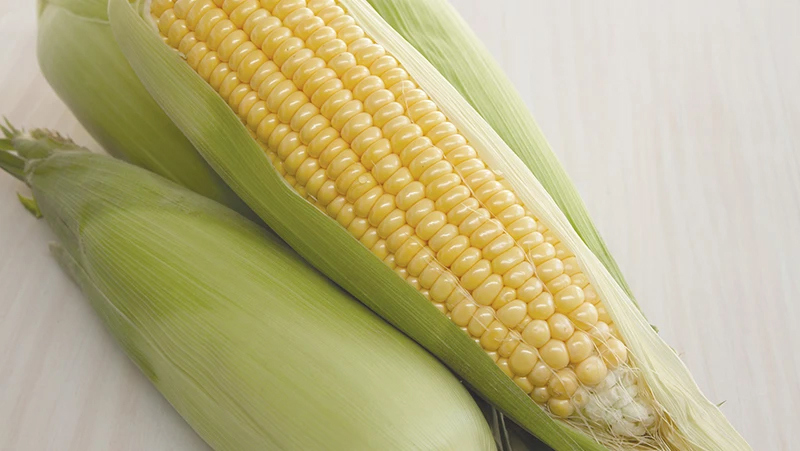
Sweetcorn
- Sweet corn devoured raw, fresh and amazingly juicy from the garden is divine. It’s well worth devoting a square metre or two in your backyard to growing sweet corn. It’s best planted in blocks of short rows (rather than one long row) to aid pollination.
- Corn is a hungry plant and should be fed each week with Yates® Thrive® All Purpose Soluble Fertiliser to encourage healthy leaf and stem growth and cob development.
- Sweet corn can be susceptible to attack by caterpillars, which can chew into the developing corn cob. Regularly monitor for caterpillars themselves or signs of their damage or droppings. Spray plants every 5 – 7 days with Yates® Success Ultra Insect Control to prevent caterpillar damage. It contains spinetoram, the latest generation insect control derived from beneficial soil bacteria.
- Pick when the fine ‘silk’ at the top of the cob has just browned.
- In temperate and cool climates, sweet corn seed can continue to be sown until the end of December and in warm climates sowing can start at the end of summer.
Releases nutrients slowly, improves the structure and moisture retention of the soil and encourages earthworms and beneficial soil micro-organisms.
Yates Thrive Natural Blood & Bone with Seaweed
A certified organic garden input boosted with NZ Seaweed to gently nourish plants, enrich the soil and encourage a strong healthy root system.
Yates Nature's Way Organic Citrus, Vegie & Ornamental Spray
Unique organically certified pyrethrum and plant-based oil combination insecticide, with twin modes of action against garden pests.
Yates Nature's Way Fungus Spray
Protects against a very wide range of fungal and bacterial diseases. Formulated from copper and sulfur (naturally occurring compounds).
More project guides & articles
How to Re-Pot Orchids
October is a good month to think about caring for your orchids as many orchids have finished flowering and are about to go into their major growth period.
Gardening Makes Memories: Growing with Kids
Gardening with kids offers benefits that go way beyond simply growing plants. It teaches patience and perseverance. It's a hands-on introduction to nature and healthy eating. But most of all: it’s fun!
Caring for Indoor Plants
The top 5 golden rules, to take your indoor plants from 'surviving' to thriving!
Choosing the Right Potting Mix
Learn what potting mix you should be using for your plants.



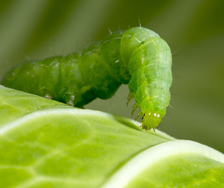
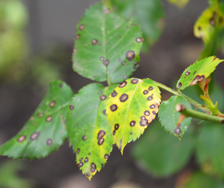
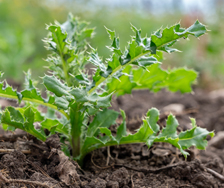











Share
Share this article on social media